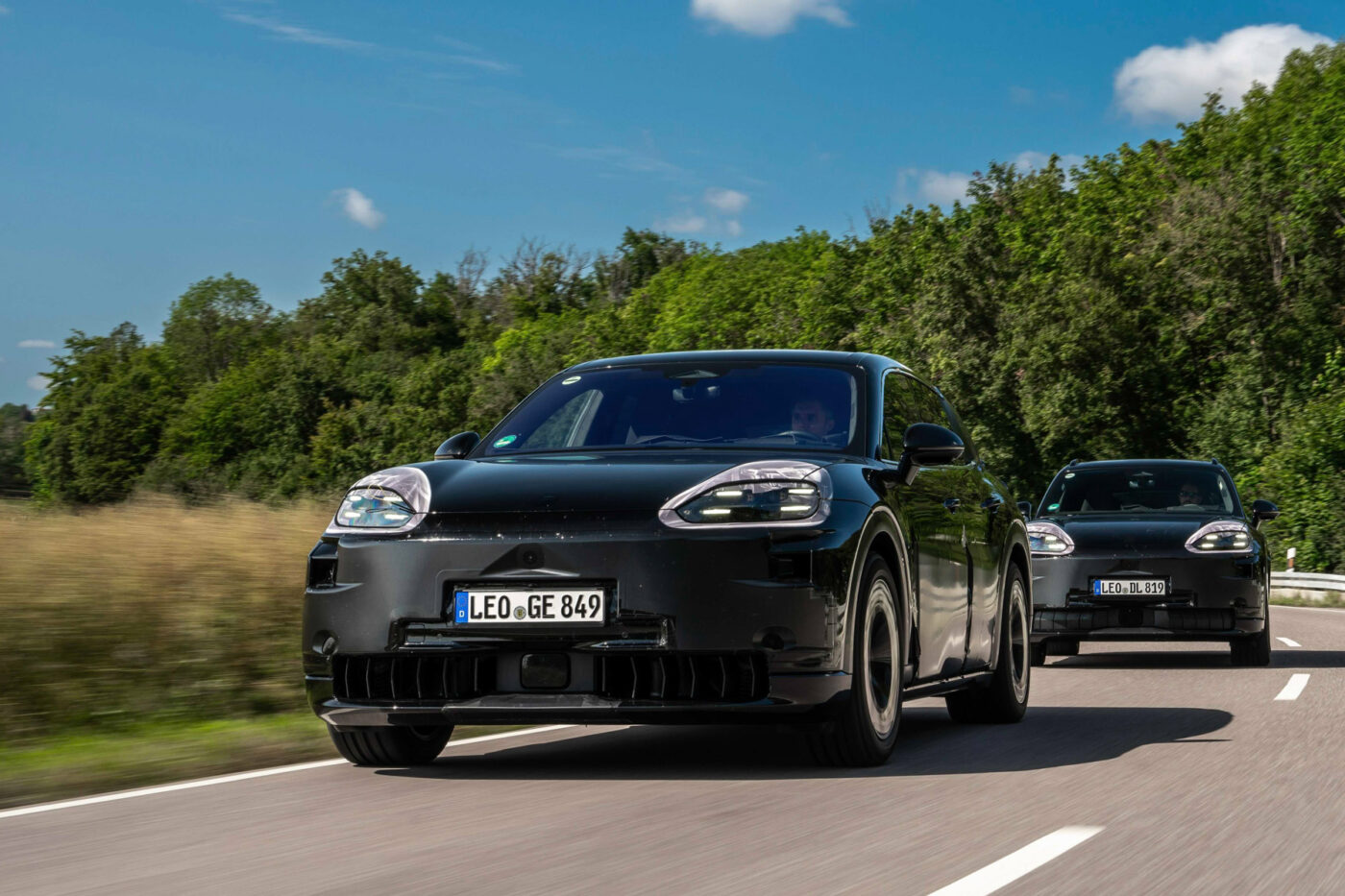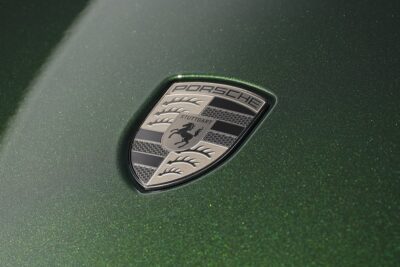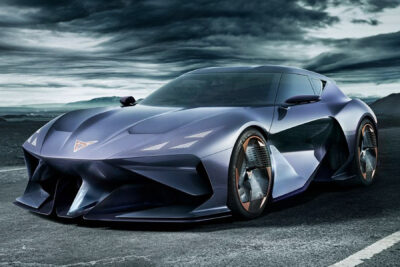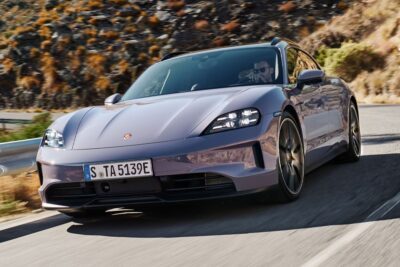Porsche holds on to the combustion engine
Upon publishing the business figures for the third quarter, Porsche’s Deputy CEO and CFO Lutz Meschke addressed a new drive strategy at the Zuffenhausen-based company. This includes a slower transition to electric drives and, if necessary, new generations of combustion engines. Porsche had already abandoned the target of achieving 80 per cent of sales with electric cars by 2030 in the summer – and replaced it with the formulation that 80 per cent of electric cars could be delivered in 2030. In other words: if the customer plays along, Porsche could deliver. At that time, however, it was more a question of continuing to build the current Cayenne generation with combustion engines and hybrids in parallel with the upcoming electric Cayenne – with the existing technology.
This could now change – the emphasis is still on ‘could’, as a precise plan has probably not yet been finalised. “We are currently looking at the possibility of the originally planned all-electric vehicles having a hybrid drive or a combustion engine in the future. We are currently in the middle of making conceptual decisions. What is clear is that we are sticking with the combustion engine for much longer,” said Meschke in the conference call on the quarterly figures.
There is no such clear statement in the company’s official press release, but a review of the current plans has been announced. “In China, we are dealing with a structural shift in demand. In addition, the global transformation towards electric vehicles is proceeding more slowly than originally assumed,” says Porsche. “For this reason, we are reviewing our product line-up and ecosystem, as well as our budgets and cost position. All with the aim of increasing our flexibility and resilience even further.”
In the telephone conference, Meschke did not want to comment on exact schedules or the individual model series. Next year, Porsche intends to present the next generation of its two-seater sports cars, the successor to the mid-engined 718 Cayman and 718 Boxster models – and this will be purely electric. As mentioned, the next Cayenne generation should also only be electric, but the existing range of combustion engines should not be directly abolished. The upcoming flagship SUV, previously only known internally as the K1, is also planned to be purely electric. As the Macan has already been converted and the Taycan is purely electric anyway, only the 911 and the Panamera should ‘survive’ as combustion engines in 2030 – according to the original plans.
While no comprehensive upgrades were planned for the combustion-powered Cayenne, the situation could be different for the 911 and Panamera. As Meschke indicated, there are initial concepts of what a comprehensive model upgrade could look like – but no decision has yet been made. However, the German publication Automobilwoche speculates that it could be a facelift based on the current platform because a change to the VW Group’s SSP platform would “probably be too expensive.” The upcoming K1 is to be based on this purely electric platform – as is the VW ID. Golf.
porsche.com, carscoops.com, faz.net, automobilwoche.de (both in German)





0 Comments